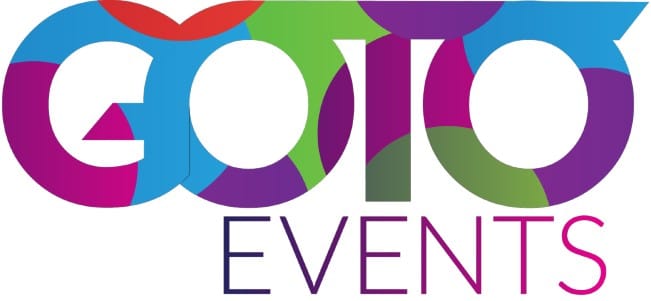I-EVENT
So I was perusing Twitter this morning, as you do, and one of the top trends caught my attention. It was a company called Boston Dynamics which is part of the Google corporation, and for the last few years Boston Dynamics have been developing a humanoid robot. They have been improving their already existing model and they now have a polished prototype of their ‘next generation’ Atlas robot. It’s wireless instead of battery powered, it’s 5 feet 9 inches tall (same as an average man) and it weighs in at 180 pounds which is almost half the weight of its predecessor. People are starting to debate the capabilities of robots, and are wondering if one day robots will be able to complete our jobs more effectively than we can, and therefore make humans obsolete. According to NBC News, some of the jobs that humans are ‘most likely’ to lose to robots in the future include Astronauts, Soldiers and Rescuers. While I can understand that there may be certain jobs where there would be a distinct advantage to having robots instead of people, I also think the same can be said the other way around. But this got me thinking… could a robot ever run an effective and fun teambuilding event?
In the events industry, our clients thrive on having a good relationship with us from the initial contact all the way through to the delivery. We, as events experts, have to understand exactly what it is our clients are looking for and be able to create a bespoke event that’s tailored to them. We have to take into account many varying factors such as the purpose of the day, their individual preferences, the number of delegates and their budget, the venue they have chosen and the time of year (among many other factors). After all, there is no ‘event formula’ that works for all events. Furthermore, our clients want fun, energetic and motivated staff running their events with whom they can enjoy some friendly banter with throughout the day. Could a robot ever do this?
On an event, as humans, we can effectively read a group of people and alter the way we approach them, talk to them and lead them through certain activities and tasks. If we see there is an individual struggling with a certain task, then we always do our best to encourage the rest of the team to recognise their teammate is struggling and help their comrade to complete the challenge. In some cases, we would even step in ourselves and aid them to succeed. After all, that is what teamwork is about and we want to practice what we preach. The ability to recognise that a human is struggling requires you to sympathise with them and register that you also have struggled whilst performing a similar task. Either this, or you need the ability to read their facial expressions and body language and recognise that they are not comfortable and are finding the task either physically or mentally challenging. This requires a level of consciousness and a sense of empathy. Could a robot ever do this?
So, you arrive at a venue and you are shown to the events space provided for your event. The first challenge is to visualise all the equipment you have, and try to mentally setup the activities. How would you utilise the space provided to ensure you get the maximum from it? How could you maximise the space to accommodate all the delegates without bottlenecks or space issues? This requires experience and knowledge of all your equipment and how your games run. For this you need your memory and some common sense. Perhaps you think back to previous events that you’ve done in a similar sized space and lay out the activities the same way? Perhaps you visualise all the different games set up and move them about to fit them all in, like a giant game of tetris. Could a robot ever do this?
As England is now evermore becoming a multi-lingual country, we all have to be more aware of people who may struggle with the English language. Often on events we meet people for whom English isn’t their first or even their second language and we need to spend some extra time with them, one on one, to explain the objectives and rules of each activity so they can actively take part with confidence. After all, there’s nothing worse than people looking to you for help if you don’t know what on earths going on! Natural language communication is therefore a big part of our job, and this can take several different forms. It can be very different depending on the person we are trying to communicate with. If you explain the rules and they don’t understand, then a different approach is required to try and communicate the objective to them. Sometimes this can require a bit of body language, pointing and acting! Perhaps another member of the events team or one of the other delegates can speak a bit of their language, and we can try to explain that way. A bit of determination and common sense is required. Could a robot ever do this?
I’m not here to tell you whether robots would or wouldn’t be able to do these things, because who knows what’s possible in the future, especially taking into account the phenomenal advancements in science and technology over the last few years alone. But imagine for a minute that you have the task of booking a teambuilding event for your company. Would you want to deal with a friendly human with years of events experience, or a circuit board with a formula in its head? I know which I’d rather…
